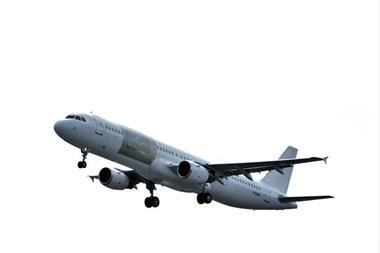
Sustainability targets have become a headache for the air cargo industry, not least because of low sustainable aviation fuel (SAF) production rates.
A recent poll by aviation consulting and aircraft appraising firm IBA found that one third of respondents regarded supply chain disruptions as the most critical challenge for the aviation industry in 2025.
In descending order, the other top concerns mentioned were labour shortages, geopolitical safety and sustainable aviation.
Jaded observers were probably surprised that sustainability still ranked that high on the list of concerns. Since the days of the pandemic, when it had soared to unprecedented heights on corporate agenda (notably in consumer-facing industries), the theme has steadily lost ground in the hierarchy of urgent challenges to address.
In the aviation sector, one factor behind the loss of prominence of sustainability has been the rising realisation that earlier targets were rather ambitious. In a landmark move Air New Zealand abandoned its 2030 emissions target last summer, citing the lack of available sustainable aviation fuel (SAF).
Last June IATA cut its estimates for SAF production in 2030, noting that many projects were behind schedule. It concluded that output had to increase by a factor of 1,000 by 2050 to attain the industry’s net zero emissions goal set for that year.
SAF was supposed to be the key lever to decarbonise aviation by 2050. According to IATA, its use in commercial aviation could reduce CO2 emissions by up to 80%. However, production has been in low gear due to high costs, limited feedstock and patchy policy support.
If anything, political support is on the wane in the largest market. By 8 January, the six biggest US banks had all quit the global banking industry’s net zero alliance, a move widely seen as an effort to avoid a political backlash after the inauguration of the new US administration.
Even in the absence of a government that champions fossil fuel production, sustainability goals are fading rapidly in the aviation sector, according to a study published by climate advocacy group Transport and Environment.
The group pointed out that growth projections of Boeing and Airbus indicate that the number of passenger flights would roughly double from 2019 to 2050. In line with European Union legislation calling for 42% of flights to be powered by SAF in 2025, this would mean that the number of flights on fossil fuel would be about the same as today.
Can this industry muster consensus to move together toward solutions? Solar panels on cargo terminals are not going to be enough.












